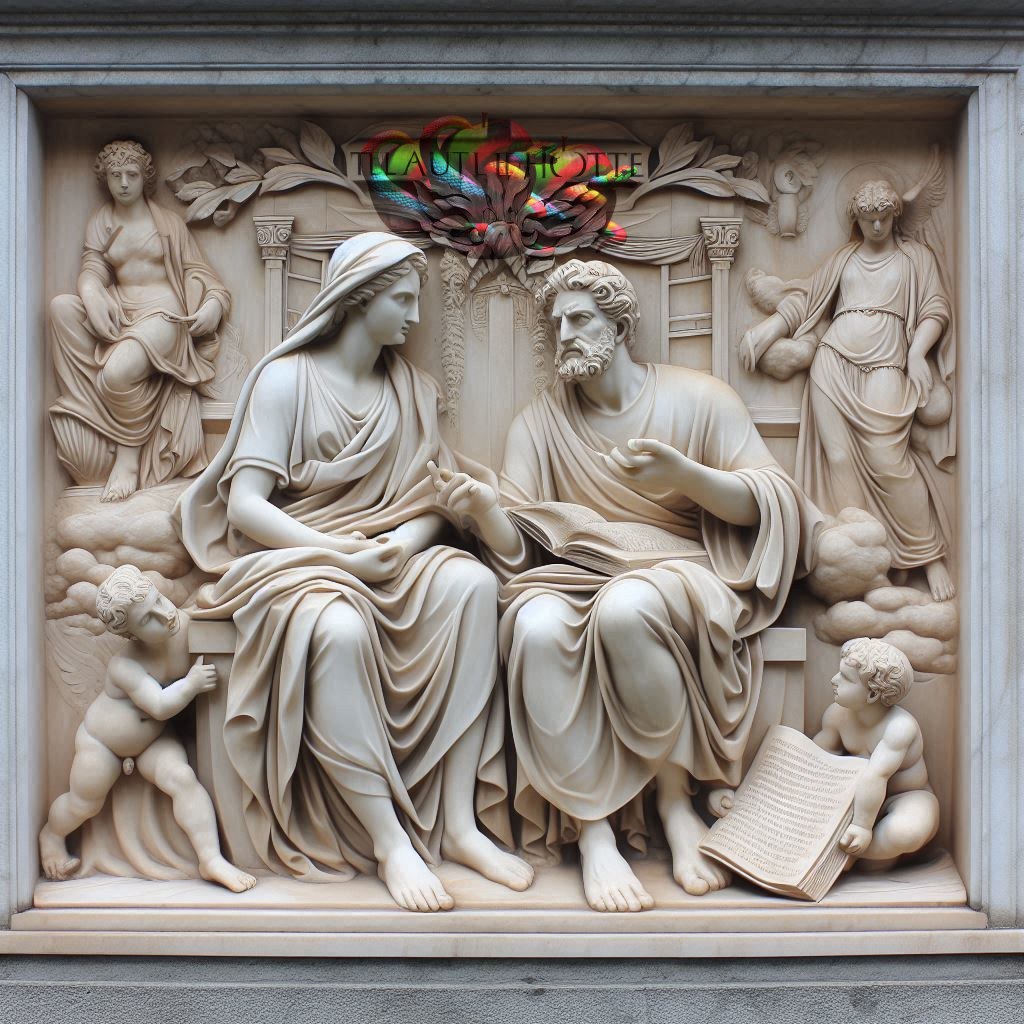Home again: riffing on Robert Ardrey’s use of Jean-Jacques Petter's term of noyau

In my opening of this series on reading Robert Ardrey's The Territorial Imperative I mention his use of Jean-Jacques Petter's term of noyau as a label for a society of inward antgonism (page 168).
In the second post Figuring out the grounds beneath the world: noyau, lek and home I explore the noyau in relation to other similar notions in ethology where the figure of the body is grounded in some mess of the body’s social relations.
Is society a type of territory or a type of body? And which ever answer we can see in ethological studies then poses the recursive perspective that asks:
yeah but, is that answer now a ground for territory or a figure moving in our notice? What is the perspective here?
Is it another face like Ardrey's stimulation, the third Janus face, but if you are that face are you your own perception? (of yourself?) ? Surely that is not a face you look on, but out from? What's going on here? What is this thing before/in me?
Dear one ownly selfsame, are you your own property? Are you special? Just like everyone? Or else?

Here I am going to explore notions or feelings of home and its social outcomes via ideas of property.
That Roman legal term proprietas arises from the Latin proprius in which our belongings are regarded as property because they are most dear to us, and we have full rights and responsibilities of ownership. They belong to us because they are close to us, we control them. This control starts with one's own body and it is that movement which our stuff moves along with. By extension this includes the land we move over, especially the home. In this frame, real estate begins as movement in the body moving over land and feeling at home, the territory is subsumed into the body, that which is most dear to us… —we are animals so that figures. I guess we feel it is proper, it is appropriate… my place in the world.
See a LLM generated history of usage of the term property by chatgpt.com
So some societies metaphor or alienate your home in the name of the body, and so call it property, and by extension anything you control is your property. Home is that property where the heart is, moving in its returns of daily rituals. The routine pulses of life.
We do not however define property in terms of home however. We see that, quite naturally, as a derivative of the body. We prioritise the more immediate, even if some correctly argue it is all necker cubes.
Practically, it is easier to exclude people from owning property if we do not define ‘property’ in terms of one’s home but in terms of their body, because while no one can actually be homeless, that is, while they have a body they have to be somewheres, they can be property-less even of their own bodies (slavery) or be regarded as part of the homeland owned by another (serfdom).
People can alienate their property by sale to another, so there is a method that can be used to remove home from people and people from their homes and there being no replacement for that loss. If it is by selling then people can just 'forget' to pay.
And thus we can claim, by the hairs on our chins, that even though people live on the land and have done for tens of thousands of years because they do not use it like we do (i.e. defining it in terms of the body as property or as mixed in withJohn Locke’s labour) that they do not own it. Like we do. Thus we can take the land from them because they never owned it in the first place (terra nullius). It’s empty land because law. Our laws. It's legal. (Thus carefully avoiding notions of sovereignty and its scope under which all these laws operate. Fascism is more honest than this.)
Sovereignty is a royal property (stolen from the rest of us). Sovereigns defining ‘property’ in terms of the body is the result of an ancient slave-based society whose legal ruins became an act of sovereignty in a far flung colony of New South Wales in order to steal the land from under them, if, with a nod to Locke, using convict labour.
Defining 'property' in terms of the body is a mistake, using someone else's labour is even worse.
In my definition to have a body is to have a home. To separate them requires an act of violence. Reparations are not enough.
We should do better. We should start again at home.
Robert Ardrey. The Territorial Imperative: A Personal Inquiry into Animal Origins of Property and Nations; Illustrated by Berdine Ardrey. London: Collins, 1967.
Sally Morgan. My Place. Fremantle: Fremantle Arts Press, 2021. https://fremantlepress.com.au/books/my-place-pb/
"Senator Lidia Thorpe Says She Pledged Allegiance to the Queen’s ‘Hairs’, Not Heirs, in Defence of Royal Protest" ABC News. https://www.abc.net.au/news/2024-10-23/lidia-thorpe-says-she-swore-allegiance-to-queens-hairs/104508694
LLM generated history of usage of the term property by chatgpt.com
See also why fencing is often regarded as part of the labour of 'owning' property and creating real estate as a subtraction from the world, home as a negative space inthe world (this is the wrng way round).
Community Takes down Fence. The Cortez Journal 2024. Film. https://www.youtube.com/watch?v=uF3NgJLwLcI
